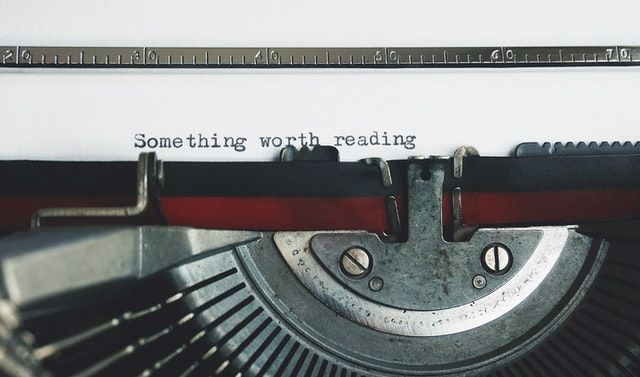Introduction

Photo by Min An from Pexels
Historical inquiry is the process of investigation undertaken in order to understand the past. The main purpose of historical inquiry is the understanding of the broad picture of the past. This understanding is a cyclical process that begins with the asking of historical questions. These questions are then investigated by locating and analyzing relevant historical sources. So through local history inquiry, the history of a geographical local context may be explored and discovered. To do so, the inquiry should be based on four types of evidence : printed sources (books,articles,papers...), archives (documentary sources), oral testimony ( sound recordings,...) and physical evidence (landscape, buildings,factories…).
By investigating local history, you can learn a lot about your community on political, social and cultural aspects. It enables people involved in this process to form connections between past and present and gain important life skills.
Task

Photo by Suzy Hazelwood from Pexels
The purpose of this task is to make participants use local history inquiry methods to explore their area.
This task can be completed individually or in groups.
You can change the subject of the activity according to your area, group size, time allocated to carry it out. Here’s a list of subject suggestions to get started and to better adapt to the conditions of the activity :
- the history of your house
- the development of your city/neighbourhood
- a local industry,...
- an area of countryside near you
- the lifestyles of your family in the past
- a particular theme such as workers in factories
Process
Subject: The Genealogy of your town.
It is recommended to carry out this activity in groups in order to better engage people and create emulation although it can be done individually.
Step 1. Read published local histories
Perform an online search on local histories in order to find information on your city. If you have enough time to carry out the activity, you should go to the local library. You will find relevant documents/information for your task.
Step 2. Take notes of your findings and arrange them by category
Step 3. Synthesize your notes
Step 4. Make a brief description of your city since 50 years by highlighting the big stages of its change or striking memories (if any)
Be concise! This activity is more about local historical inquiry than academic writing.
Step 5 (optional). Find some pictures of your city showing its architectural change (e.g. one for each decade)
Hints: If several groups are participating in the activity, it may be interesting to split the activity by theme.(e.g., architectural, economic or social changes, etc…)
Conclusion
Useful tips for conducting historical inquiry
- Start at the most recent time and work backwards
- Be patient - don't rush things
- Be methodical and systematic; keep your notes orderly
- Always keep a record of your information
- Don't make assumptions - look for real evidence
- Keep your subject under control
- If in doubt, ask others for advice, help, or a second opinion
- Keep an open mind
- Develop your research skills as you go
- Imagine that you are a detective looking for clues to piece together
Local history knowledge informs citizens on different aspects of the communities and reveals how societal changes impact their lives. In our context, the historical inquiry enables to strengthen several essential skills including communication, critical thinking, and basic historical research skills.
Evaluation
- ● Acquire a basic knowledge of local historical inquiry
- ● Understand how evidence is used for making historical claims
- ● Improve understanding of the social, economic and political aspects of your local context through history
- ● Know local historical contexts
- ● Analyze historical sources
- ● Understand how historians interpret the past
- ● Use historical inquiry methods
- ● Apply research skills
- ● Communication skills
- ● Critical thinking
- ● Effective use of libraries, archives and databases
- ● Identify the evidence and arrange them by type
- ● Make the connection between a past event and a contemporary event
- ● Distinguish the relevance of information according to its source
Resources
Links
Historical enquiry from “Facing the Past/ Shaping the future”
https://facingthepastshapingthefuture.com/teacher-guidance/teaching-learning-strategies/history/historical-enquiry/
















